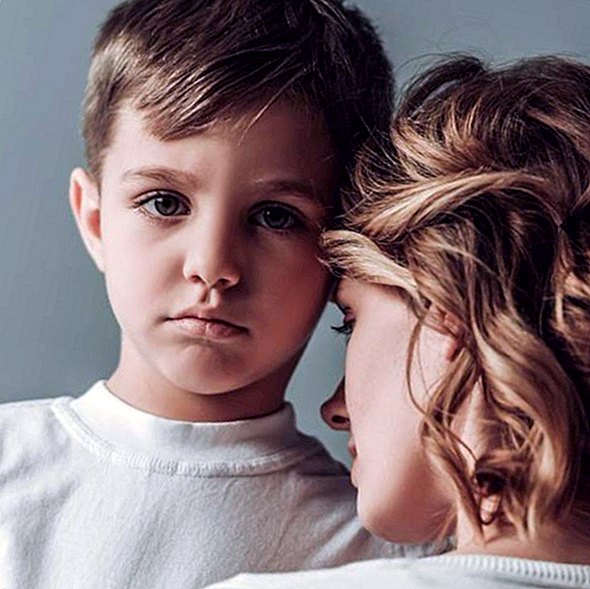Single parent in Germany: Where is the respect ?!

It is absurd. There is a family form in Germany that has been growing for years and already accounts for 20 percent of all families. At the same time, everyday life is becoming increasingly precarious for many of these 1.6 million parents and 2.3 million children - but nowhere is there any real political will to change that.
Couple families are getting better - single parents worse
In 2005, one in three lone parents lived on less than 60 percent of the median income. In 2014, that was already 42 percent. The situation of couple families, on the other hand, is getting better and better: their risk of poverty has fallen by 12% over the same period.
Sure, there were reforms. But they have aggravated the situation. The 2008 changed Maintenance law For example, single parents are virtually forced to take on a full-time job from the child's third birthday, even if they raise several children. Everyday life becomes an exhausting hamster wheel.
The shared custody and the Strengthening the exchange model while ensuring that the responsibility between the parents is distributed fairly. In practice, however, this also leads to more conflicts.
Only every second ex pays maintenance
On top of that, only one in two ex-partners still pays maintenance for the children, only one in four pays the amount required by law.
Instead of rewarding single parents for their above-average dedication, the state taxes them almost as high as singles. And the Right of return from part-time to full-time, which would have helped a lot of single parents, recently failed due to the resistance of the economy.
Protest? For that, single parents are too finished
Anyone who wonders now that tens of thousands of single parents have not been dragging their feet through the streets for a long time, just imagine what it feels like to be able to share responsibility for their children with no one else day after day. If you have to fight alone through application forms for various social benefits, and possibly a lawsuit against the ex-spouse. In between, superiors and couple parents look at each other diagonally, because, depending on your perspective, you spend too much or too little time with the children. One feels then, exactly: finished. And no longer able to start protest campaigns.
Especially since it would be a challenge even for professional campaigners to mobilize the masses for bulky but necessary concerns, such as the "exemption of the child's subsistence minimum in the social security contribution survey".
More understanding instead of revolution
Solo parents do not need a revolution. But a society that gives them the respect they deserve. Municipalities would have to offer more kindergartens and day-care centers with longer opening hours. To show employers more understanding. Authorities act more consistently when ex-partners Neighbors and friends often ask if they can help.
And the politics? The must dare to eliminate the long-known defects in the system. The Extension of the maintenance advance, which came into force on 1 July, was a step in the right direction. Although the advance, which is now also given to teenage children, is still too low. And children who depend on Hartz IV benefits have almost none of it.
But the reform gives hope that the interest in single parents is slowly growing. Where there is a will, there's a way.
Info: This means the new maintenance advance regulation:
Single parents receive advance payments from the youth welfare office if the other parent does not pay for the children - or can not pay. Since 1 July, this advance, which varies from € 150 to € 268, depending on the child's age, is also paid to children over the age of 12, with the limit of six years. If the children are between 12 and 18 years old and depend on Hartz IV, the advance payment will only be made if their single parent earns at least € 600 a month in addition to the Hartz IV benefit.










